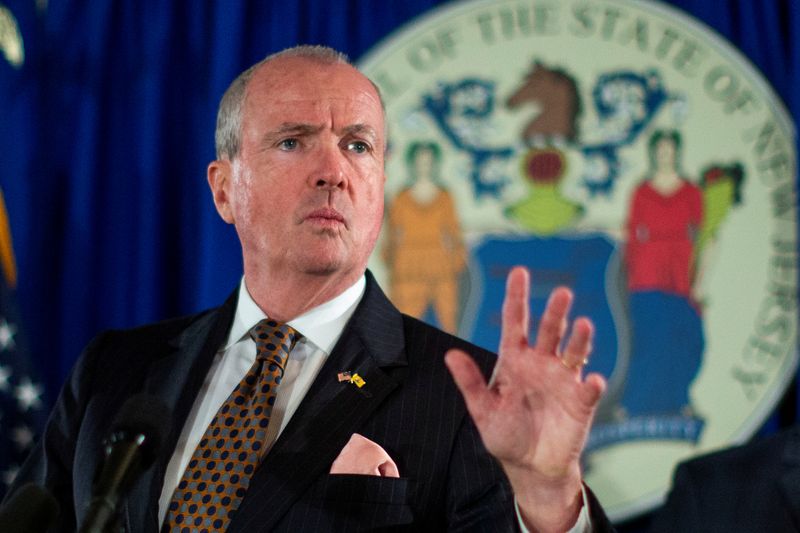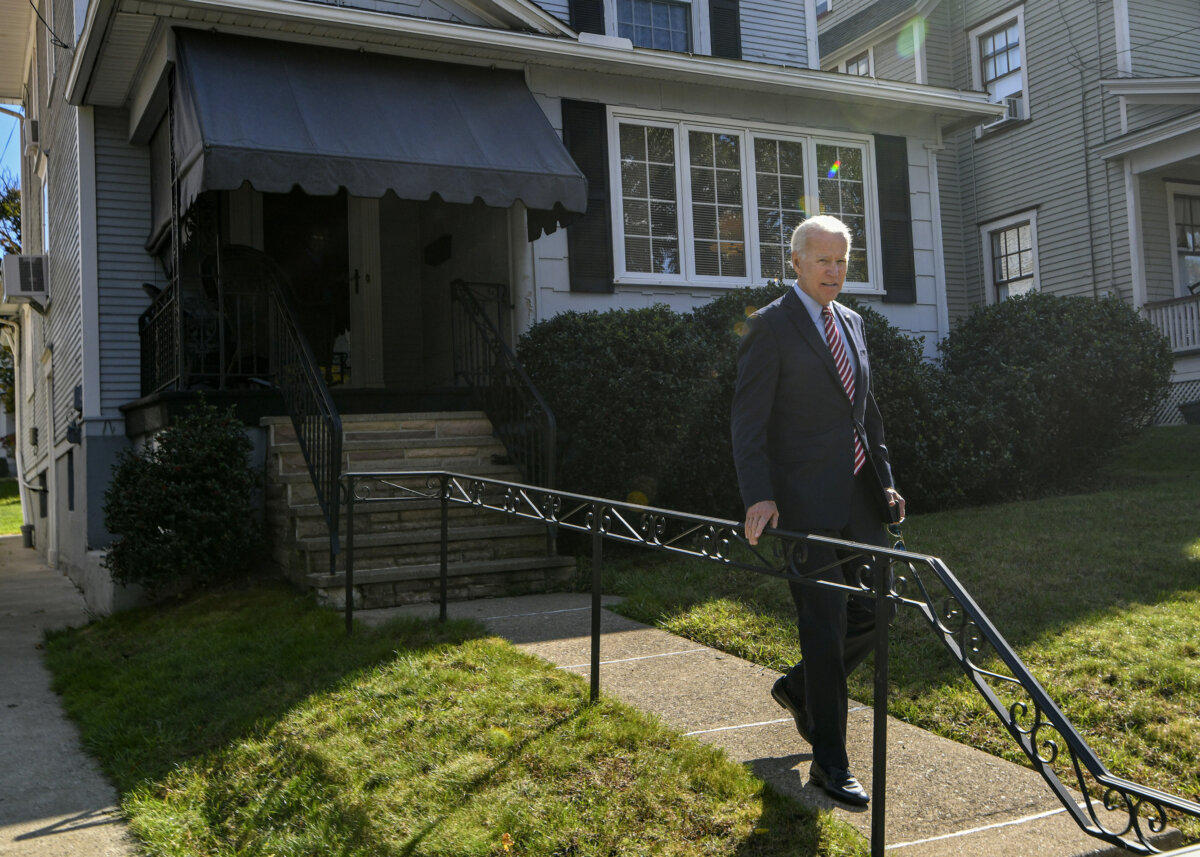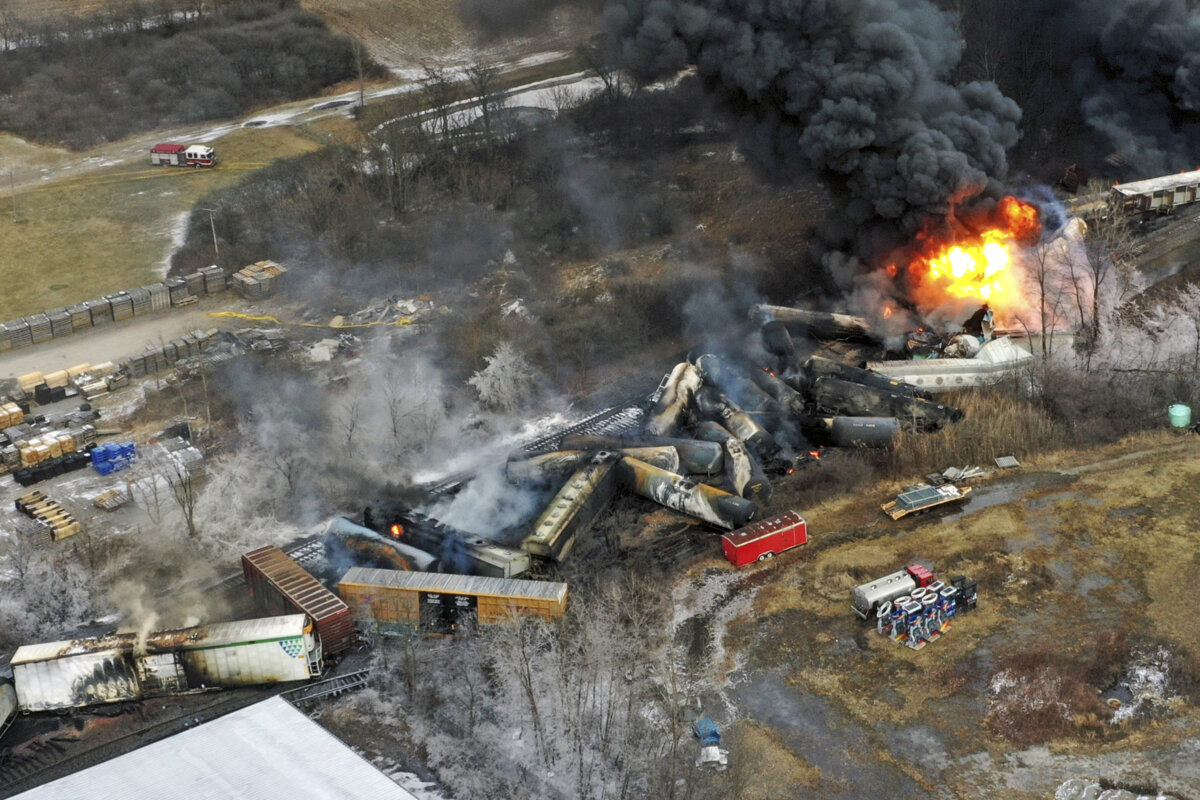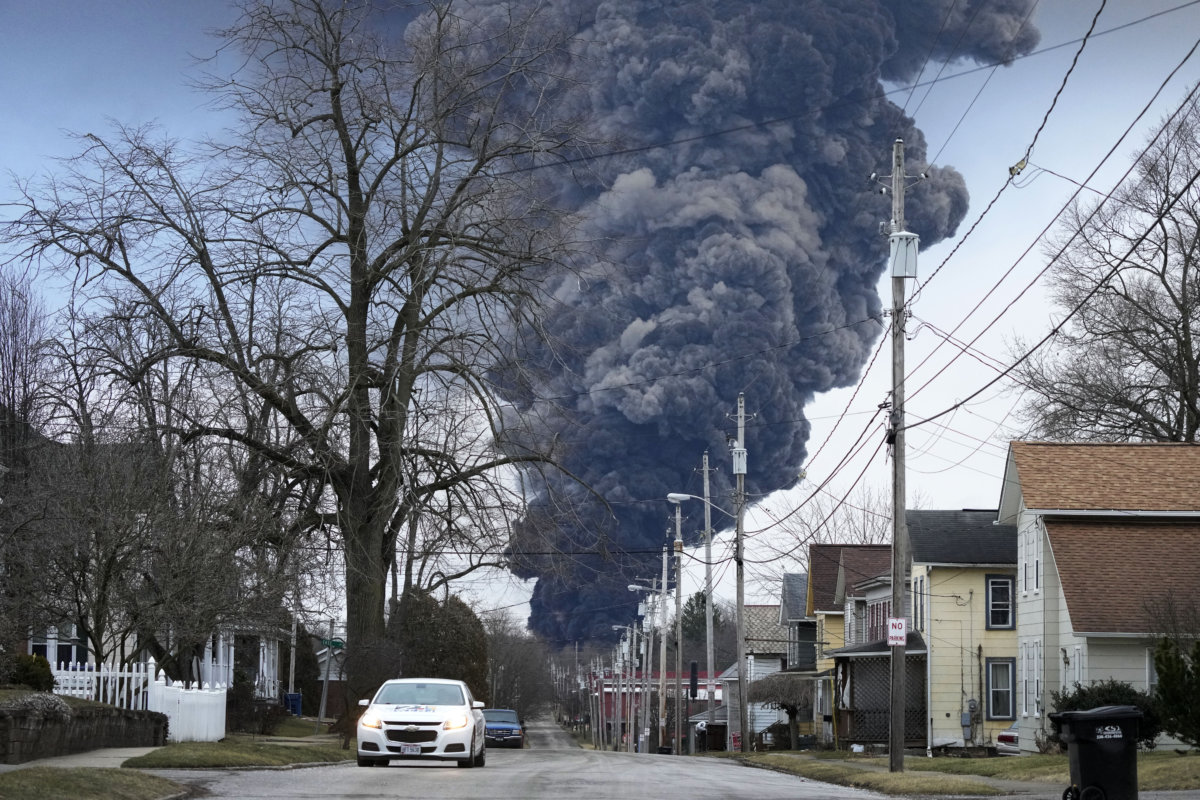(Reuters) – A landmark environmental justice bill stalled for over a decade became law in New Jersey on Friday.
Signed by Democratic Governor Phil Murphy, the legislation seeks to curb new sources of pollution, including sewage treatment plants, landfills and incinerators that have affected certain communities more than others.
Seeing the law enacted was a long-fought dream for Ana Baptista, an assistant professor at The New School in New York City.
“When this bill was finally passed, I had a moment where I just had to shed a tear of disbelief,” said Baptista, who grew up in Newark, where the polluted Ironbound neighborhood is located. The Ironbound is home to New Jersey’s largest garbage incinerator and more than 100 sites https://ironboundcc.org/our-community contaminated by dangerous chemicals, including dioxin and pesticides.
The passage of New Jersey’s law comes as the Democratic Party has elevated the issue of environmental justice, tying it to proposed policies to combat climate change and economic recovery from the COVID-19 crisis.
Neighborhoods like the Ironbound populated by low-income, immigrant or minority communities have historically faced disproportionate environmental hazards, as zoning practices placed these communities near high-polluting industries or in other less-desirable locations, said Mustafa Santiago Ali, a former U.S. Environmental Protection Agency official who is now vice president of environmental justice, climate, and community revitalization at the National Wildlife Federation.
“Folks don’t by accident end up in these communities,” Ali said. “We have traditionally pushed people into certain areas, or we’ve chosen those areas that we don’t place a lot of value on to put certain things.”
SEIZE THE MOMENT
Nationwide protests over racial injustice and the COVID-19 pandemic were catalysts for the bill’s passage last month, advocates said.
Evidence that linked air pollution to severe cases of coronavirus and the outsized toll on Black communities “added fuel to the fire,” Melissa Miles, executive director of the New Jersey Environmental Justice Alliance, told Reuters. “We finally had the political climate to get this bill passed.”
Activists hope New Jersey’s law will encourage other states to pass similar bills, after the federal government under Republican President Donald Trump has rolled back numerous environmental regulations.
For example, changes in July to the 50-year-old National Environmental Policy Act (NEPA) limit the scope of environmental impact assessments for proposed projects, and exempt some projects altogether.
While industries, including oil and gas as well as construction, had long argued that the permitting process took too long, activists say the recent changes could have consequences for the health of low-income, minority communities.
Democratic presidential candidate Joe Biden has pledged to advance environmental justice as part of his $2 trillion plan for combating climate change by directing clean energy spending toward communities living in the shadow of refineries and power plants.
Other U.S. states, including California and New York, have also enacted environmental justice legislation, but activists say New Jersey’s is considered the most ambitious.
Among the New Jersey law’s provisions, the state’s Department of Environmental Protection would be required to deny permit applications for a new project if it determines it will have a disproportionate impact on a certain community already facing environmental or health stressors. Under the law, the department can also set conditions for the expansion of an existing facility or a permit renewal.
Some state business leaders have objected to the law, saying it would stunt economic activity and discourage investment and job growth.
“The problem with (bill) S-232 is many of its requirements range between extremely onerous to simply unattainable,” Ray Cantor, the vice president of government affairs for the New Jersey Business & Industry Association, wrote in an opinion article https://www.njspotlight.com/2020/07/op-ed-this-burdensome-bill-would-shut-down-economic-opportunities-in-njs-urban-areas earlier this year.
Experts say the law could spark legal challenges.
Highly polluted sites along New Jersey’s Atlantic coastline may also face threats related to climate change and increased flooding from the rise of sea levels.
New Jersey has the most hazardous sites, 36, at risk of coastal flooding by 2040 of all U.S. states, according to the Union of Concerned Scientists.
“We’re going to feel the effects of climate change very severely, and we know that overburdened communities … are going to feel those impacts even worse,” Baptista said.
(Reporting by Maria Caspani; Editing by Katy Daigle and Jonathan Oatis)

























